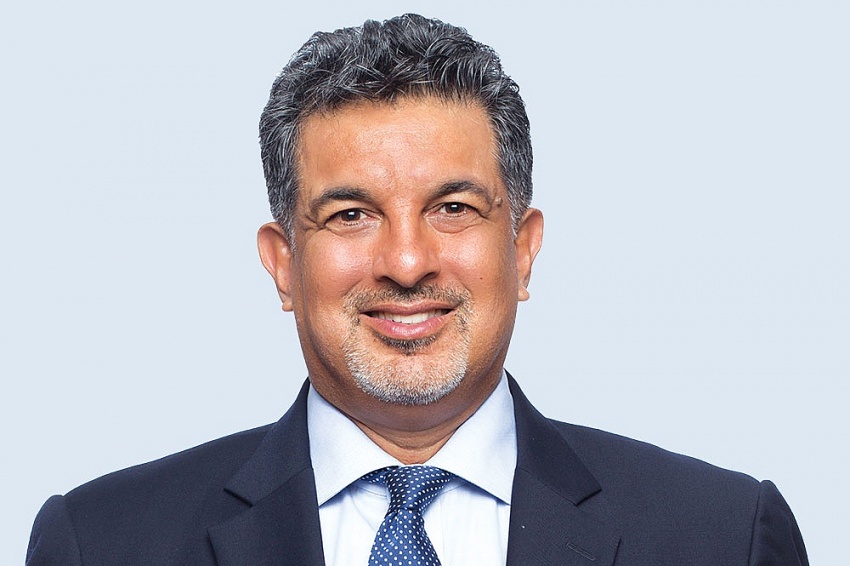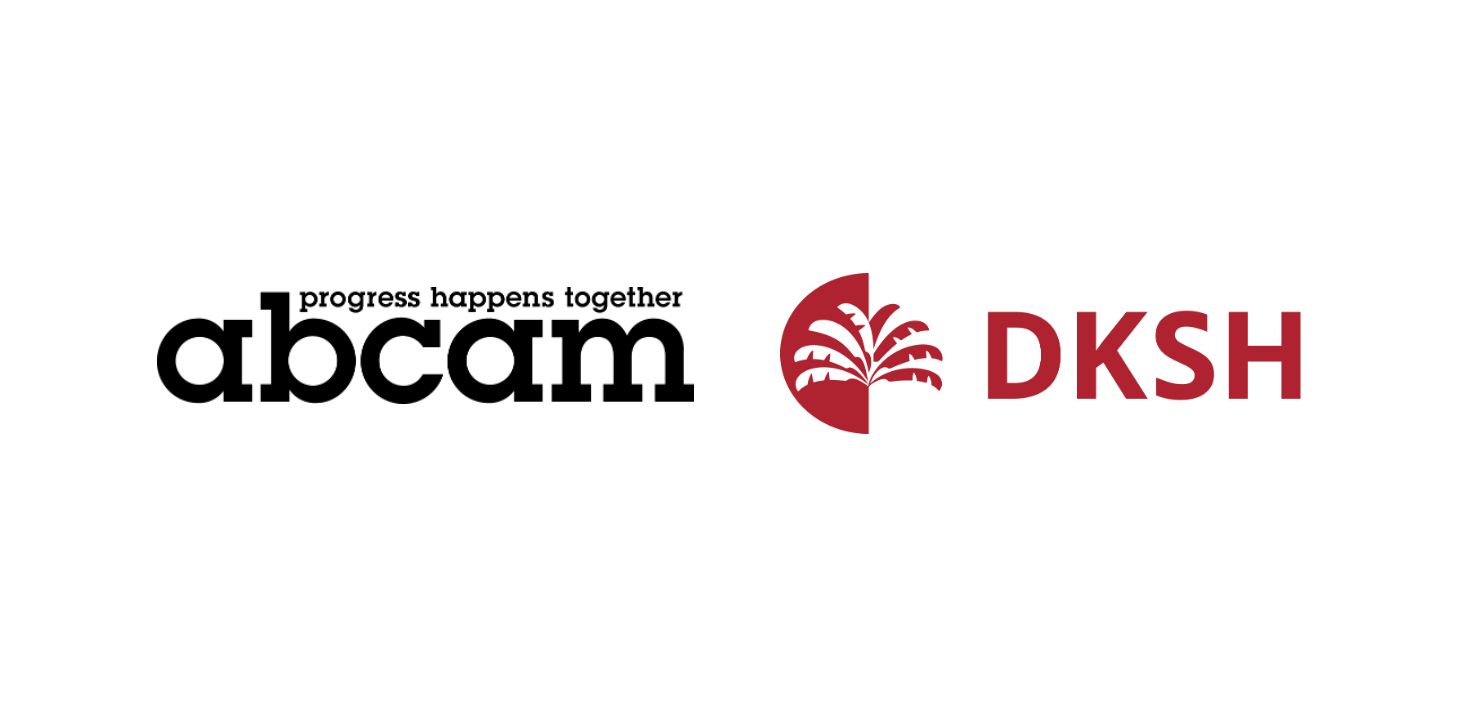Understanding the key drivers behind healthcare growth in Vietnam
Vietnam's healthcare sector is evolving through public-private partnerships, decentralisation plans, and policy reforms, improving infrastructure and overall access to specialised care.
 |
| Bijay Singh, Head Business Unit Healthcare at DKSH |
Since 2019, we have witnessed 336 strategic public-private partnerships (PPPs) contracts, totalling $72 billion mobilised, where healthcare infrastructure and pharmaceutical development represent significant focus areas.
The Gia An 115 Hospital in Ho Chi Minh City exemplifies successful PPP implementation - a 367-bed facility offering specialised treatment in cardiology, neuroscience, and cancer care. Provincial hospitals have implemented 3,000 new medical devices, from CT scanning to advanced diagnostics, benefiting 42,000 residents through 4,800 trained local doctors. These centres have significantly improved access to advanced medical services, particularly in oncology and cardiology care, prompting plans for similar initiatives across other provinces.
The central government is also amid a decentralisation push to improve healthcare efficiency and management. With a plan to transfer management of six central hospitals to provincial governments or to other hospitals by 2030, healthcare management efficiency is expected to improve as provincial governments and lower-level facilities are empowered to have more responsibility in management, which enabling targeted local solutions.
The Ministry of Health (MoH) also have plans to decentralise care with the success of its July 2024 pilot, allowing Ho Chi Minh City to independently import specialised and rare medications for disease prevention.
Through multiple decentralisation plan, healthcare standard is expected to improve significantly as persistent challenges including staffing shortages, infrastructure project delays, and procurement bottlenecks are to be addressed
Recent amendments to the Law on Health Insurance are also one of the government’s efforts to improve healthcare access while addressing the Vietnam Social Security’s financial challenges in the market. Effective July 1, 2025, the amendments will enhance funding by covering at least 50 per cent of outpatient costs and shifting funding from the administrative budget to the medical examination and treatment budget.
Private sector contributes to healthcare enhancement
Vietnam has attracted $38 billion in foreign direct investment in 2024, demonstrating remarkable potential as one of the few markets showing year-over-year FDI growth in Southeast Asia.
In healthcare specifically, the government has been encouraging more private sector participation. Numerous international players have entered the market in the past 18 months, including Singapore-based healthcare providers Thomson Medical Group and Raffles Medical Group, alongside private equity firms KKR and Warburg Pincus.
Private healthcare facilities have also been investing significantly to increase their presences and service capabilities. These include speciality departments equipped with advanced diagnostic technologies, standardised treatment protocols aligned with international standards, and integrated patient care systems connecting primary and specialised care.
With such investment from the private sector, Vietnam has seen a remarkable 30 per cent growth in private patient volume from 2019 to 2023, significantly outpacing other SEA markets' 5-20 per cent growth rates. The government's target to increase private hospital beds from 10 per cent in 2025 to 25 per cent by 2050 supports this trajectory.
Healthcare retail is also undergoing major expansion, to contribute significantly to enhancing healthcare access. The number of chain drug stores nationwide have reached 3,246 as of March 2024 - a sixfold increase since 2019.
Leading pharmacy chains are expanding beyond urban centres into second-tier cities, improving access to quality medicines across urban and rural areas. Long Chau's expansion from 22 outlets in 2018 to 1,706 outlets by June 2024 exemplifies this trend. The market has witnessed significant investment from both local and foreign investors, including Masan Group's investment in Phano Pharma and Dr Win, and Dongwha Pharm's 51 per cent acquisition of Trung Son Pharma in 2023.
Leading domestic private healthcare providers are transforming Vietnam's healthcare delivery through systematic developments. Established networks like Hoan My Medical Corporation, operating 14 hospitals across nine provinces, and Vinmec's JCI-accredited international hospitals demonstrate this evolution.
Together with facilities like Tam Anh and FV Hospital, these providers are establishing centres of excellence for specialised treatments in major cities, implementing standardised quality management systems, and developing integrated care models that connect primary clinics with speciality treatment centres. Market intelligence suggests Vietnam will follow regional trends, with patients increasingly seeking private care and healthcare professionals expanding their presence in private facilities.
Promising outlook driven by innovation and expertise
To establish itself as a regional healthcare hub, Vietnam must complement the government efforts and private sector investments with workforce expertise enhancement and health tech innovations.
Training programmes are essential to ensuring physicians and nurses receive proper education, a key priority for the Vietnamese government. In recent years, multiple MoUs have been signed between the government and healthcare companies like AstraZeneca, Sandoz, and Medtronic to support workforce training. Additionally, expanding the role of pharmacies in providing care is seen as an effective solution to improving healthcare access.
Technology transfer agreements and international partnerships, particularly in the manufacturing and distribution of medical products, are also essential for enhancing local production capabilities and tackling healthcare supply chain challenges in Southeast Asia.
Health tech is also another focus area, play a crucial role in enhancing healthcare accessibility efficiently. Vietnam's health-tech startup ecosystem is growing exponentially, but has yet to come to its maturation. Led by companies like VinBrain, Annalise.ai, Viettel, and FPT, innovations like AI-assisted diagnostics and patient monitoring systems have been introduced.
The sector's dynamism is evidenced by a 391 per cent year-over-year surge in capital flow to healthcare tech startups in 2023. These innovations support decentralisation efforts, enabling remote consultations and improving healthcare access in underserved areas.
The market's evolution demonstrates tremendous effort in building an accessible, quality, and sustainable healthcare system in Vietnam. The combination of regulatory reform, private sector investment, and innovation creates a compelling environment for healthcare progress, contributing to the region's broader healthcare transformation.
With 160 years of experience being strategic healthcare business partner for healthcare brands and companies across 17 markets, we are optimistic that Vietnam is on its path setting new standards for healthcare development in emerging Southeast Asian markets.
On this journey, we believe that the role of the trusted growth partner like DKSH becomes is clear. With deep local insights and broad industrial knowledge, DKSH does not only offer comprehensive and tailor-made solutions that fit business needs, but also goes above and beyond by providing strategic consultation to ensure sustainable growth for our partners in the markets.
With the patient-centric approach, as we connect healthcare providers, professionals, retailers and other stakeholders within the healthcare ecosystem, DKSH greatly contributes to enhancing healthcare access, ultimately enriching people’s lives by providing healthcare for all in Vietnam and beyond.
 | DKSH and Ortoalresa to partner in Vietnam DKSH Business Unit Technology announced on July 26 it is entering into a partnership with Ortoalresa, a manufacturer of innovative centrifugation solutions, to distribute its wide range of products in Vietnam. |
 | Maintaining sustainability and creating value with DKSH Corporations such as DKSH are making significant efforts to implement eco-friendly practices and initiatives in their operations, running operations with initiatives that maintain sustainability of the supply chain. |
 | DKSH and Abcam partner to advance life science research in Vietnam DKSH Business Unit Technology on November 6 announced a strategic collaboration with Abcam, a global life science company, to enhance the distribution and accessibility of the wide array of products designed to support life science research in Vietnam. |
What the stars mean:
★ Poor ★ ★ Promising ★★★ Good ★★★★ Very good ★★★★★ Exceptional
 Tag:
Tag:
Themes: Healthcare Platform
- PM outlines new tasks for healthcare sector
- Opella and Long Chau join forces to enhance digestive and bone health
- Hanoi intensifies airport monitoring amid Nipah disease risks
- Cosmetics rules set for overhaul under draft decree
- Policy obstacles being addressed in drug licensing and renewal
Related Contents
Latest News
More News
- Digital shift reshaping Vietnam’s real estate brokerages (December 31, 2025 | 18:54)
- Allen & Gledhill recognised as Outstanding M&A Advisory Firm (December 18, 2025 | 14:19)
- Inside Lego Manufacturing Vietnam (December 18, 2025 | 11:45)
- The next leap in Cloud AI (December 11, 2025 | 18:19)
- Vietnam’s telecom industry: the next stage of growth (December 11, 2025 | 18:18)
- Five tech predictions for 2026 and beyond: new era of AI (December 11, 2025 | 18:16)
- CONINCO announces new chairman and CEO (December 10, 2025 | 11:00)
- How AWS is powering the next-gen data era (December 09, 2025 | 13:14)
- Outlook in M&A solid for Singapore (December 08, 2025 | 10:31)
- Vietnamese firms are resetting their strategy for global markets (December 05, 2025 | 17:04)


























 Mobile Version
Mobile Version